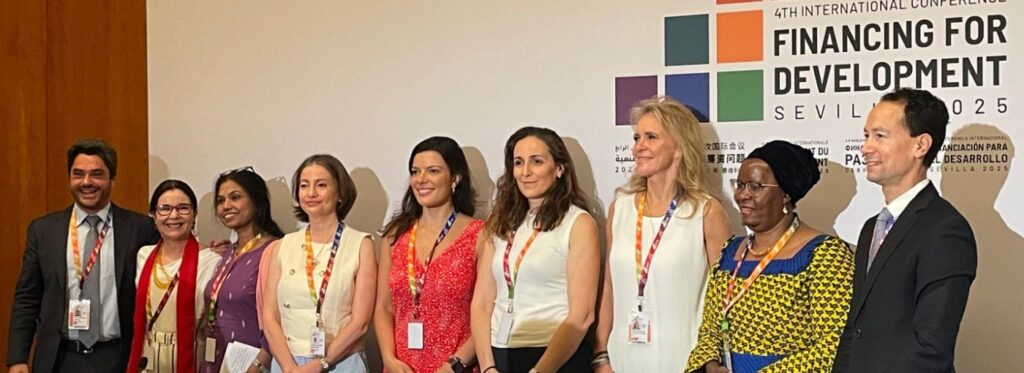More than defying the odds to create a gender equal world
The journey to planet 50-50 is a vision that began with the realization that historic imbalance in power relations between men and women needs to come to an end. As the world celebrates International Women’s Day, this year’s theme #BalanceforBetter provides a breeding ground for recognizing the potential of a gender equal world in ending inequalities that continue to exist in our society. Hivos adds a voice to this momentous occasion by sharing the stories of some of the amazing and powerful women we support in East Africa, who in their own way are contributing to a gender balanced world.
It’s not all rosy
Kenya is considered the flower garden of Europe. Famed for being the third largest exporter of flowers in the world, the country’s red roses contribute to the world’s love language. However, just like any other sector, inequality has been a looming factor in Kenya’s flower farms. While women are majority of workers, they remain underrepresented in leadership positions and left to dominate lower echelons ranging from picking, spraying to arranging flowers for export. Worse still, they constantly have to fight through barriers such as sexual violence and unequal pay for their voices to be heard.
Ruth Wanjiru, a former shop steward in a flower farm, knows too well the narrative of inequality having endured its ripple effects. Her story is that of courage and perseverance to uphold the rights of women workers in the flower farm.
She started off as a grader (charged with inspecting the quality of roses and wrapping them for export). After having her first child, she would later have to change departments due to demanding workload and extra work time.
Ruth’s eye-opening moment would later emerge when she landed a new position as a shop steward. Her job required ‘extra muscles’ as she puts it, to defend the rights of workers, especially women. Appalled at her employer’s reluctance to implement the new collective bargaining agreement that would see workers get a minimum wage, she opted to use her voice to speak out. Unfortunately, this is a choice that came with the price of losing her job. Rose was laid off together with 94 workers after a strike. “Gross delays of salaries became the norm in the company and even when I issued a formal complaint to my supervisor, nothing was done about it,” she adds.

She attributes that she found her voice through Hivos East Africa’s Women@Work Campaign where she was trained on gender equality, HIV rights and labor rights. “They simply empowered me to be aware that I do have rights’’, she indicates.
For Ruth, #BalanceforBetter is being cognizant of the fact that gender balance is not a burden that should be placed on women to champion in society; but recognition that everyone has a role to play. “I don’t regret speaking out against inequality in my former place of work, it cost my job but I would do it again,” she states.
This article was first published on the website of Hivos East Africa.









